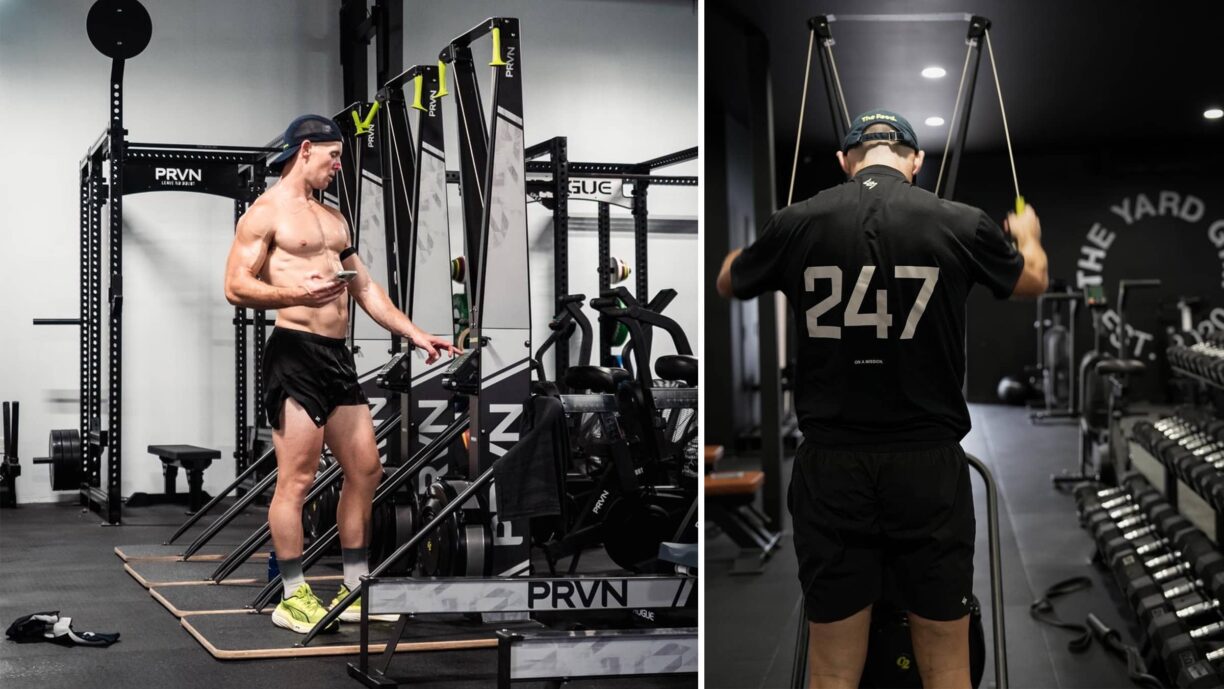Cosmetic surgery often gets boxed in as just about changing how you look. But it’s way more than that. When you approach it the right way, it can seriously lift your mental wellbeing.
It’s not about chasing perfection — it’s about feeling better in your own skin, gaining confidence, and shaking off some of that everyday anxiety.
Dr. Megan O’Toole points out that the real magic happens when people come in with clear, realistic expectations and the right mindset. It’s not about fixing flaws but about enhancing what already feels right to you. When you’re mentally ready, the results can surprise you in all the best ways.
Let’s unpack how cosmetic surgery can actually help your mental health and why taking a thoughtful approach matters so much.
Confidence That Sticks With You
When you finally feel good about a part of your appearance that’s been bugging you, it hits differently. It’s not about vanity—it’s about comfort. Suddenly, you walk into rooms with your head a little higher and your shoulders a bit looser. Feeling good about how you look spills over into how you feel about yourself as a whole.
Maybe it’s something small, like a wrinkle or a scar, or something bigger. The point is, when that nagging insecurity quiets down, you’re free to focus on other parts of your life without that mental distraction.
Saying Goodbye to Anxiety in Social Settings
Believe it or not, cosmetic surgery can ease social anxiety. When you’re no longer worried about how you look in photos or if people are staring at that one thing you dislike, socialising gets easier. It’s like a weight lifts.
People who used to avoid parties or certain events because of self-consciousness often find themselves saying “yes” more. That’s not just about looking good—it’s about feeling good enough to show up fully.
Emotional Growth Through Change
Undergoing cosmetic surgery isn’t just a physical journey—it’s emotional, too. It forces you to check in with yourself and get clear on why you want to make this change. What feelings are you chasing? What parts of yourself are you ready to embrace?
That kind of self-awareness can spark real emotional growth. But it’s important to remember that surgery isn’t a quick fix for deeper issues. It’s best when combined with other ways you take care of your mental health.
Keeping It Real: Why Expectations Matter
Here’s a truth bomb: if you think cosmetic surgery will solve all your problems, you’re setting yourself up for disappointment. The key is to have clear, realistic expectations. Surgery can improve how you look, but it can’t rewrite your entire life story or guarantee happiness.
Talking openly with your surgeon about what’s possible—and what’s not—helps keep things grounded. When you go in knowing you’re aiming for enhancement, not perfection, you’re more likely to walk away satisfied.
Being Mentally Ready is Half the Battle
Surgery takes patience—not just for the physical healing, but mentally too. Recovery isn’t instant, and there can be moments where you second-guess yourself or get anxious about how things are settling.
Being mentally prepared means you’re ready to ride out those ups and downs without panic. Having people around who get it, who support you, makes a big difference.
Cosmetic Surgery as a Confidence Tool, Not a Mask
There’s a big difference between surgery that boosts confidence and surgery used to hide from yourself. The best outcomes come when changes reflect your true self, not a mask covering something else.
When you’re enhancing what you already like about yourself, it’s empowering. It’s not about hiding flaws; it’s about shining brighter.
How to Approach Cosmetic Surgery Like a Pro
- Do your research. Know what the procedure involves and who you’re trusting with your face or body.
- Get clear on your “why.” Make sure you’re doing this for you, not anyone else.
- Be honest with your surgeon. Ask every question that’s on your mind.
- Prepare your mind and body. Plan for downtime and emotional shifts.
- Give yourself time. Healing isn’t instant, and that’s okay.
The Role of Support Systems During Your Journey
Cosmetic surgery isn’t just a solo trip. Having friends, family, or even support groups who understand what you’re going through can make a huge difference. Sometimes you’ll want to vent about the nerves, the swelling, or that weird feeling of seeing yourself change day by day.
Talking openly about the experience helps keep emotions in check and reminds you that you’re not alone. A strong support system can boost your mental health just as much as the surgery itself.
How Small Changes Can Spark Big Mental Wins
Not every cosmetic procedure is a dramatic transformation. Sometimes small tweaks—like smoothing out a fine line or adjusting a subtle contour—can create surprisingly big mental shifts.
These little changes can make you feel more “you” without anyone else necessarily noticing. It’s like a secret boost of confidence that powers you through your day. Remember: it’s about what feels right for you, not what looks flashy.
When to Reconsider or Pause Your Cosmetic Plans
Even if you’re excited about cosmetic surgery, there are times when stepping back is the smartest move. If you’re going through major life stress, battling depression, or feeling pressured by someone else, it’s worth hitting pause.
Taking time to sort through your feelings or speak with a counsellor can help ensure you’re making decisions from a calm, centred place. Surgery should be a step forward, not something you rush into because you feel stuck or overwhelmed.
Wrapping It Up: More Than Just Skin Deep
Cosmetic surgery is often pegged as a surface-level fix, but it can be a real game-changer for mental wellbeing when approached thoughtfully. It’s about feeling more confident, shaking off anxiety, and growing emotionally.
Remember, this isn’t about chasing perfection — it’s about helping you feel at home in your own skin. When you’re mentally ready and clear about what you want, cosmetic surgery can be a powerful part of your wellbeing journey.
Take your time, be kind to yourself, and know that feeling good on the inside often starts with feeling good on the outside — but it’s never just about the outside.





